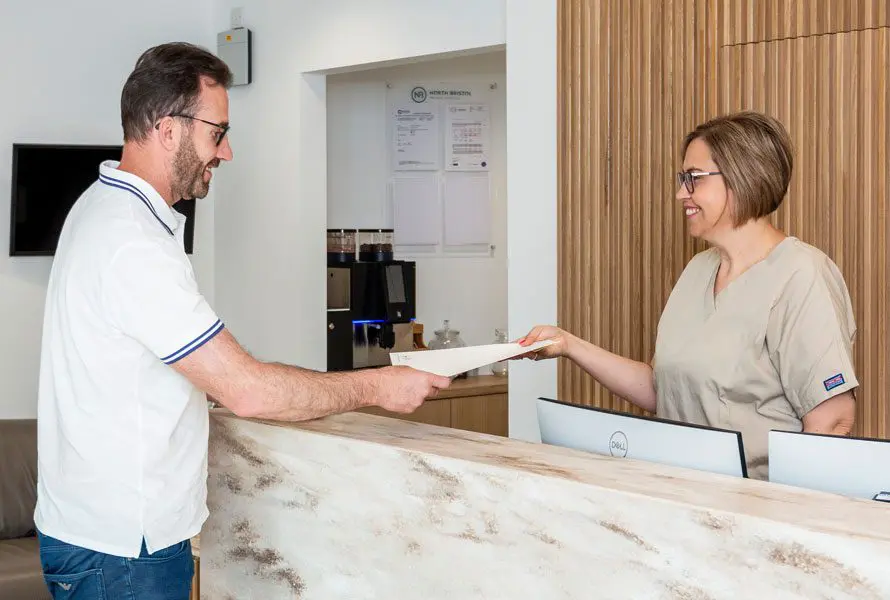Skin Surgery
Scar Correction Surgery
Although scarring is created as part of the body’s natural healing process, a scar can be very distressing, particularly when it is on the face.
Book a Consultation Today
The good news is that surgical procedures can reduce and minimise scarring, freeing patients from any self-consciousness they may be experiencing due to their scars.
At North Bristol Private Hospital our surgeons are skilled at reconstructive and skin surgery procedures. You will be in the best hands for scar correction in our trusted care.
On this page we look at:
- What causes scars
- Types of scars
- How scars can be treated with surgery
What causes scars?
When the body is wounded, collagen is released and builds up where the tissue is damaged, helping to strengthen the wound. However, scar collagen is different from the collagen in normal skin, which is why scars stand out.
Scars can be placed into these five categories:
Fine-line scars
These are common after a wound or surgery. Minor wounds will usually heal to leave a raised line, which will slowly flatten and fade. This can take up to 2 years and you will be left with a visible mark or line.
Keloid scars
Keloid scars occur when the scar keeps growing, even after the wound has healed, as a result of too much collagen being produced.
These scars are often itchy and can be painful. They are raised and may be pink, red or darker than the surrounding skin. They can restrict movement if they’re near a joint.
Hypertrophic scars
These scars are also the result of excess collagen being produced at the site of a wound. But, unlike keloid scars, they do not extend beyond the boundary of the original wound. They may continue to thicken for up to 6 months.
Pitted or sunken scars
Scars caused by skin conditions like chickenpox or acne can have a sunken appearance. Pitted scars, also known as atrophic or “ice-pick” scars, can develop as a result of an injury that causes a loss of underlying fat.
Scar contractures
Scar contractures are usually caused by burns. The skin ‘shrinks’, causing tightness and restriction of movement.
Treating scars with surgery
At North Bristol Private Hospital our surgeons are skilled and highly experienced in all types of skin surgery and reconstructive procedures, including scar revision surgery.
The surgical options for removing or reducing scarring are excision, where the old scar is removed surgically and the new scar is smaller and will fade in with the surrounding tissue over time.
Skin grafting is another option for larger scars, where a flap of skin is taken from another part of the body normally hidden under clothes, and grafted at the site of the old scar.
Tissue expansion is another option for correcting areas of scarring. This is where doctors use a balloon inserted under the skin to stretch skin, so that the body’s own tissue can be used to repair scars. The balloon is gradually inflated to expand the overlying skin. When enough skin has grown, the scar is removed and covered with the excess skin.
Frequently asked questions
Scar correction surgery is usually where the old scar is removed surgically. The new scar is smaller and will fade further over time.
Other options are skin grafting, for larger scars, and tissue expansion for areas of scarring.
We will ensure that you know exactly what to expect after surgery. You will either be a day patient, or be cared for overnight in our in-patient ward by a nurse dedicated to your care. Our patients can always call us for advice or reassurance after returning home. We advise that you avoid strenuous activities for a couple of weeks after your scar correction.
At North Bristol Private Hospital we pride ourselves on the excellence of our surgery and complications are very rare. However, all surgery carries risks. Bleeding, bruising, infection and reactions to the local or general anaesthetic are all possible. All these risks will be explained to you in detail at your consultations with your surgeon and you will be asked to sign a consent form.
 View all Google Reviews
View all Google Reviews

 Site by
Site by 